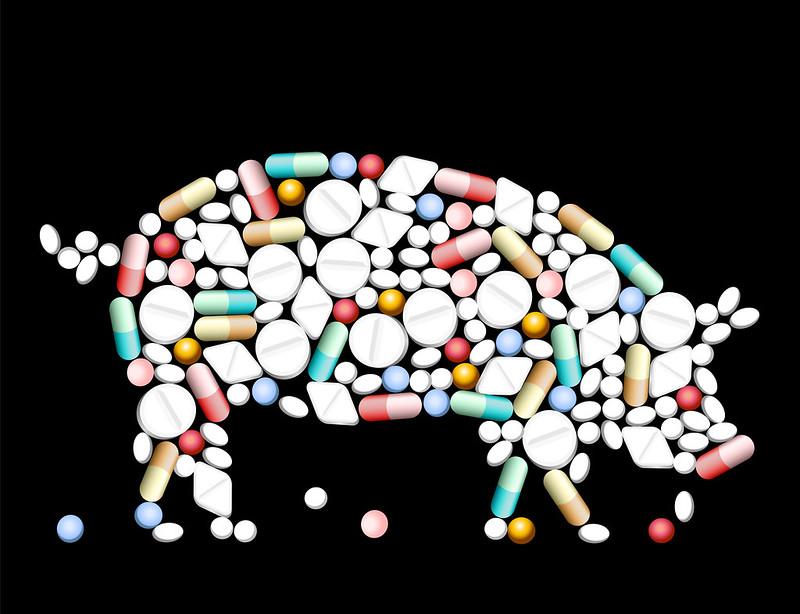



Europe significantly decreases use of veterinary antibiotics
Overall use has declined 43.2% since 2011With more than a decade of data collection from countries across Europe, the European Surveillance of Veterinary Antimicrobial Consumption (ESVAC) report has registered an decline in sales of antimicrobials for animal health purposes of 43.2% since 2011.
There has been a noticeable decrease in sales identified for some of the highest-selling countries, said the report. Clearly demonstrating the measurable outcomes of many years of awareness-raising and training on the Responsible Use of antibiotics, this supports the growing acknowledgement that Europe’s animal sector has made solid progress.
Responsible Use efforts not only extend to the amounts of antibiotics used for animal health purposes, but also the classes of antibiotics used.
Encompassing two years of sales data (2019 & 2020), the report also outlines continued decreases in sales of veterinary antibiotics regarded as medically important:
- 32.8% for 3rd- and 4th-generation cephalosporins
- 76.5% for polymyxins
- 12.8% for fluoroquinolones
- 85.4% for other quinolones
“This is the result of more than a decade of efforts to increase disease prevention and improve animal health management through better hygiene practices, biosecurity measures, vaccine use and nutrition," said Roxane Feller, AnimalhealthEurope Secretary General.
Going forward, Feller said it will be important to analyse any variations between member states.
"We need to know more than just the amounts of antibiotics used for animals," she said. "We need to understand why they're used, what infections they're needed for, and what we can do further to reduce the need."



